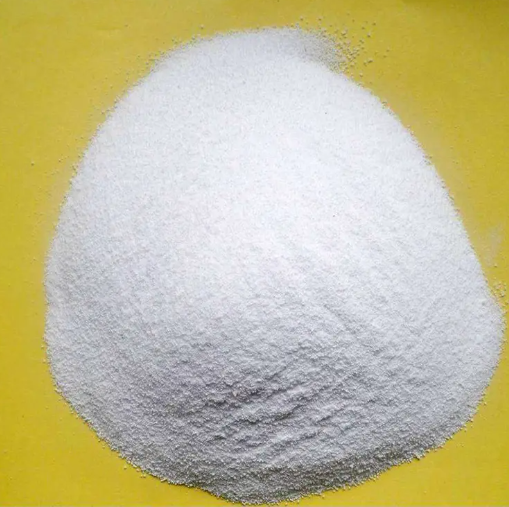Post Date:22,May,2023
Some circulating equipment in industry has been working at the temperature of 900°C for a long time. The resistant material is difficult to reach the state of ceramic sintering at this temperature, which seriously affects the performance of refractory materials; The advantages of sodium hexametaphosphate in refractory castable and spray filling are that it has stable and good compressive strength and wear resistance and thermal shock resistance. It helps to strengthen the material bonding structure of refractory materials, and can make powdery or granular refractory materials bond together to show sufficient strength.
In the long-term development of circulating equipment, taking the boiler as an example, due to the fluidized speed of combustion particles, the high temperature has a strong erosion and wear effect on the lining refractory materials, especially the boiler combustion chamber and cyclone separator and other parts under the wear and thermal shock effect of particles, airflow and dust media, resulting in the erosion, wear, peeling and collapse of the lining of refractory materials. It seriously affects the normal operation and production of the boiler.
Therefore, it is necessary to develop new binders with high temperature resistance, corrosion resistance, wear resistance and thermal shock resistance to improve the performance of refractory materials.
Sodium hexametaphosphate has advantages in refractory castable and spray filling. Through the selection of composition ratio and preparation process parameters, the binder is a neutral suspension dispersion system, which not only has strong adhesion and no corrosion to metal matrix, but also has a wide range of application temperature of high temperature resistant inorganic binder.
Sodium hexametaphosphate is hydrolyzed to sodium dihydrogen phosphate (NaH2PO4) when it is used as a binder in refractory castables and sprays. NaH2PO4 and alkaline earth metal oxides such as magnesia are prepared to mix, can react at room temperature to form Mg(H2PO4)2. Mg(H2PO4)2 is soon dried to form [Mg(PO3)2]n and [Mg2(P2O7)]n, which further increase the strength of the complex and provide considerable strength over a wide range of temperatures (up to 800°C) prior to the presence of the liquid phase.
Refractory materials are important basic materials of iron and steel, building materials, non-ferrous metals, petrochemical, machinery, electric power, environmental protection and other high temperature industry. Sodium hempetaphosphate bond is also an indispensable material for all kinds of high temperature industrial thermal kiln and equipment.
Post time: May-22-2023







